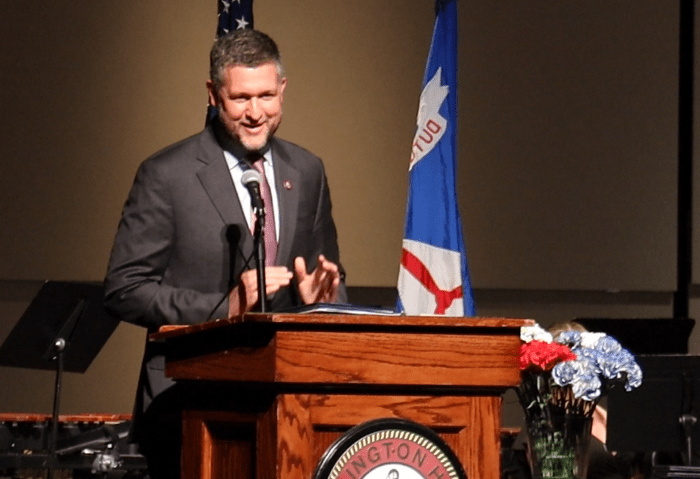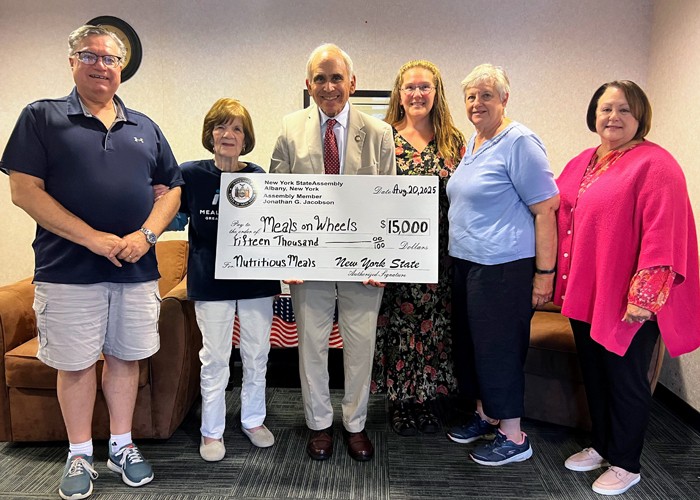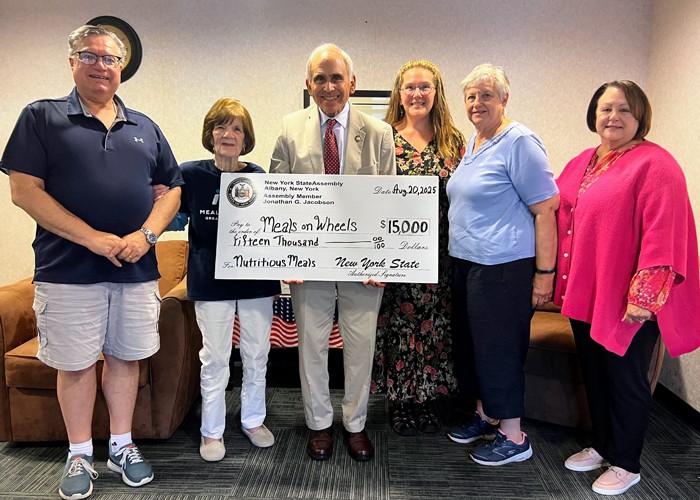NEWBURGH, N.Y. – City leaders in Newburgh are weighing a one-year pilot program that could provide qualifying residents with a no-strings-attached monthly income, a move that follows similar experiments in other U.S. cities.
A Plan Years in the Making
According to Alexandra Church, Newburgh’s director of planning and development, discussions around a guaranteed basic income (GBI) program have been underway for at least two years.
The initiative is aimed at assisting residents considered “extremely low income.” In Newburgh, that translates to individuals earning around $24,000 per year or families of four earning up to $34,000 annually. Roughly 6,000 residents—36 percent of the city’s population—fit that description.
How the Program Would Work
Under the proposal, 110 households would be selected for the pilot phase. Each household would receive $300 per month distributed via a debit card. The money could be used freely for expenses such as food, housing, car repairs, or savings.
If the program runs for a full year as planned, Newburgh would distribute a total of $33,000 in monthly support, adding up to nearly $400,000 in aid by the end of the pilot.
No Spending Restrictions
When asked by city council members whether the money would come with any restrictions, Church made it clear: there would be none.
“To say this quite bluntly, there will be one percent of the people in any of these studies that use it for things that are not positive in their lives,” she explained. “But 99 percent of them will not. So, is it worth it for that 99 percent that use it for food and housing, to fix their car, and things that are beneficial for their lives?”
This approach mirrors other basic income experiments across the country, where funds are deliberately unrestricted to give recipients maximum flexibility.
A Growing Trend in the U.S.
Newburgh’s exploration of guaranteed income reflects a larger national trend. Cities and states across the country—including Maryland, Los Angeles, Georgia, New York City, and Ohio—have launched similar programs in recent years.
Supporters argue that guaranteed income helps reduce financial instability, improves housing security, and allows families to cover unexpected expenses without falling into debt. Critics, however, often question whether the programs encourage dependency or misuse of funds.
Next Steps
While Newburgh’s plan is still in the discussion phase, city leaders say the goal is to provide meaningful support to some of the community’s most vulnerable residents. If successful, the pilot could lay the groundwork for a broader program reaching more households in the future.
















Leave a Reply